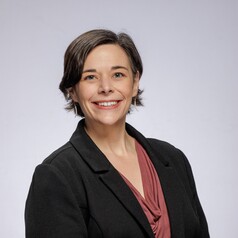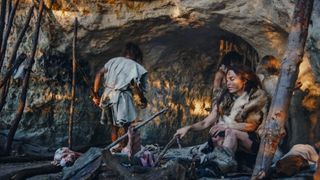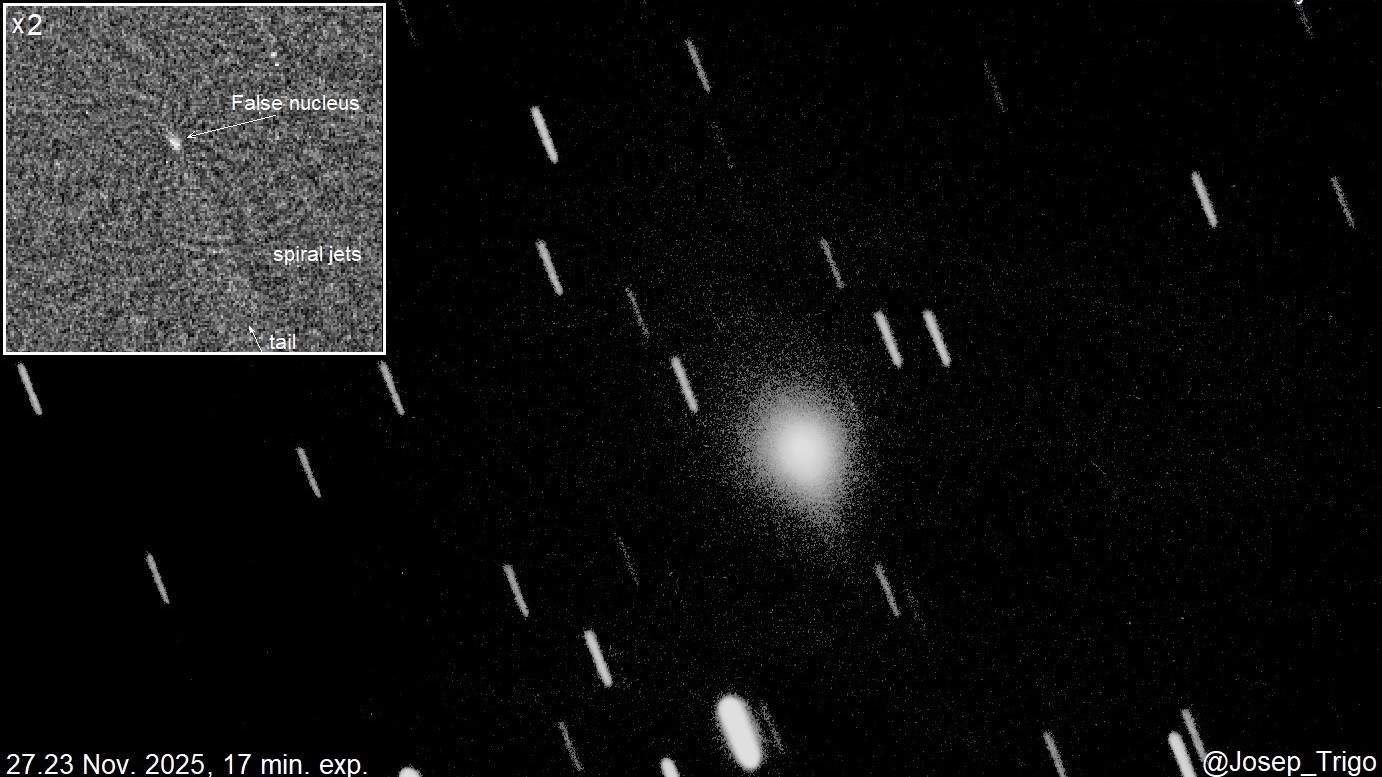
Cara Ocobock
Dr. Ocobock is the Director of the Human Energetics Laboratory at Notre Dame. Her research program integrates human biology and anthropology, with a focus on the interaction between anatomy, physiology, evolution, and the environment. She explores the physiological and behavioral mechanisms necessary to cope with and adapt to extreme climate and physical activity. Ocobock works in northern Finland, in collaboration with researchers from the University of Lapland and University of Oulu. This project focuses on reindeer herders, a highly active cold climate population. Her research assesses their life ways, life history patterns, cold climate adaptations, and addresses potential health disparities. This work was funded by the National Science Foundation and the American-Scandinavian Foundation. One aspect of this work focuses on brown adipose tissue, a type of fat that burns only to keep an individual warm when cold and leads to a known increase in metabolic rate — the number of calories you burn each day. Brown fat has important implications for not only understanding cold adaptations now and throughout human evolution, but also for metabolic health and the treatment of obesity.
Get the world’s most fascinating discoveries delivered straight to your inbox.

